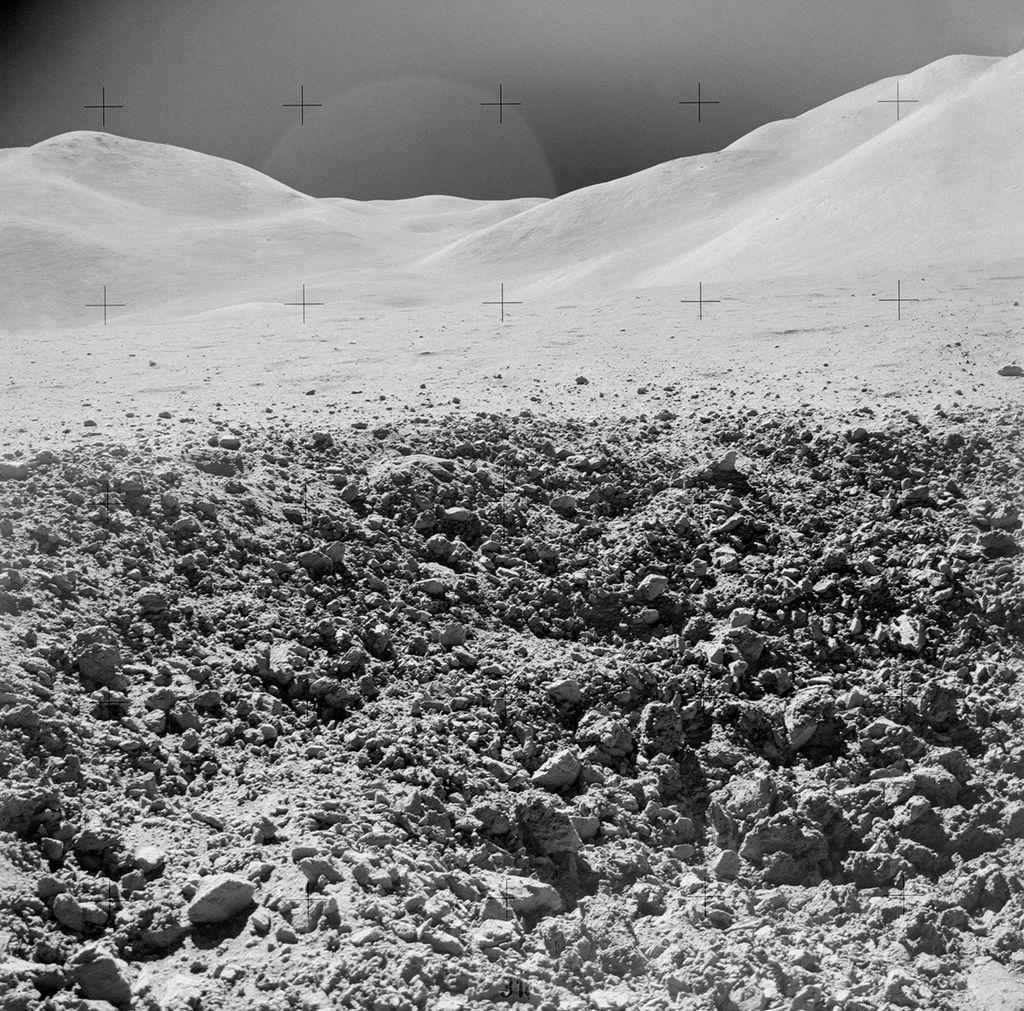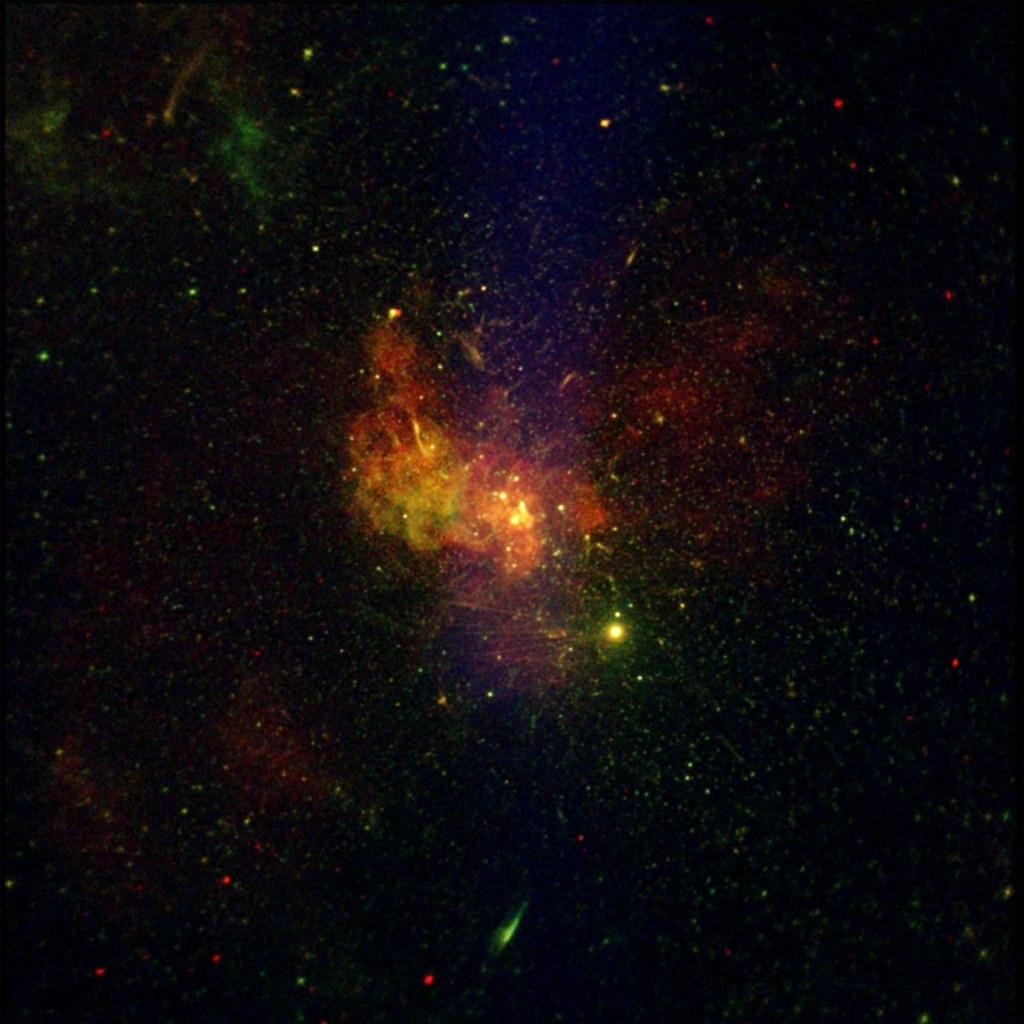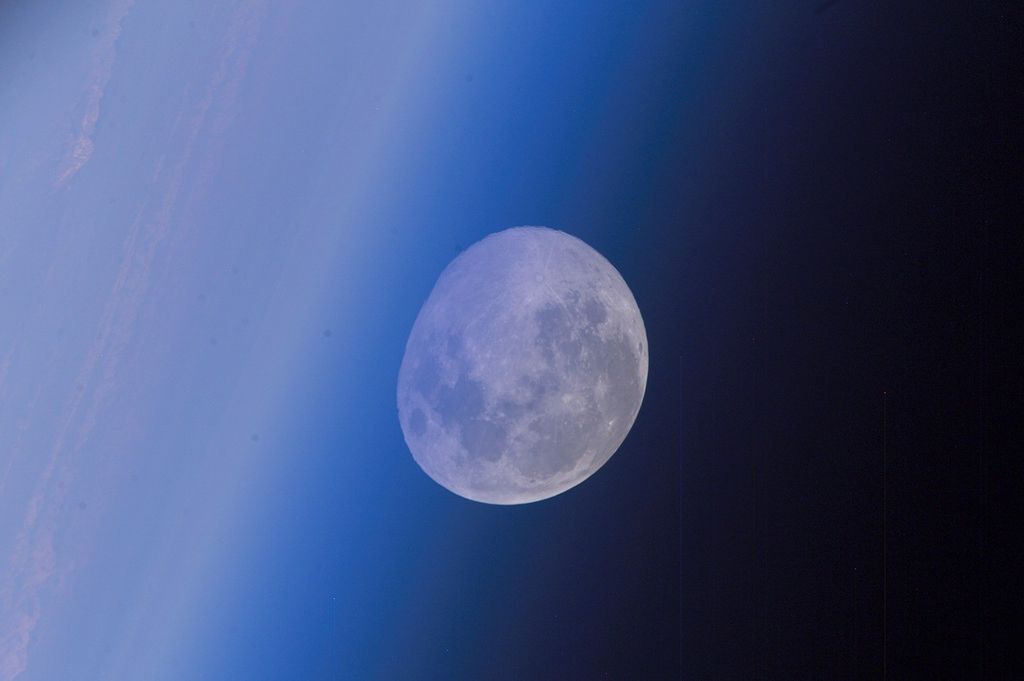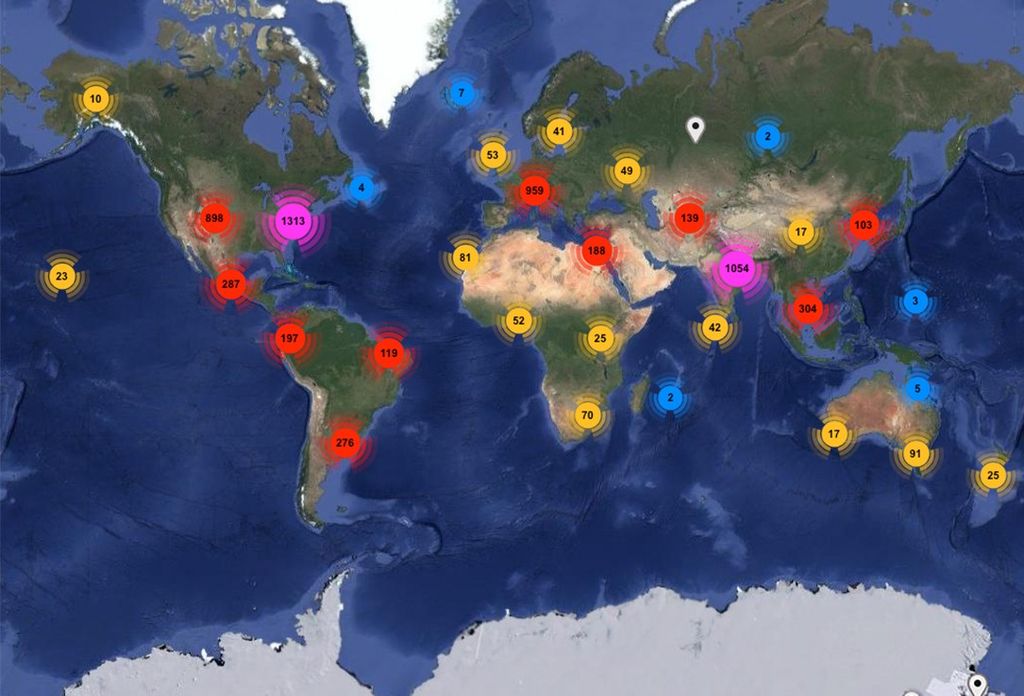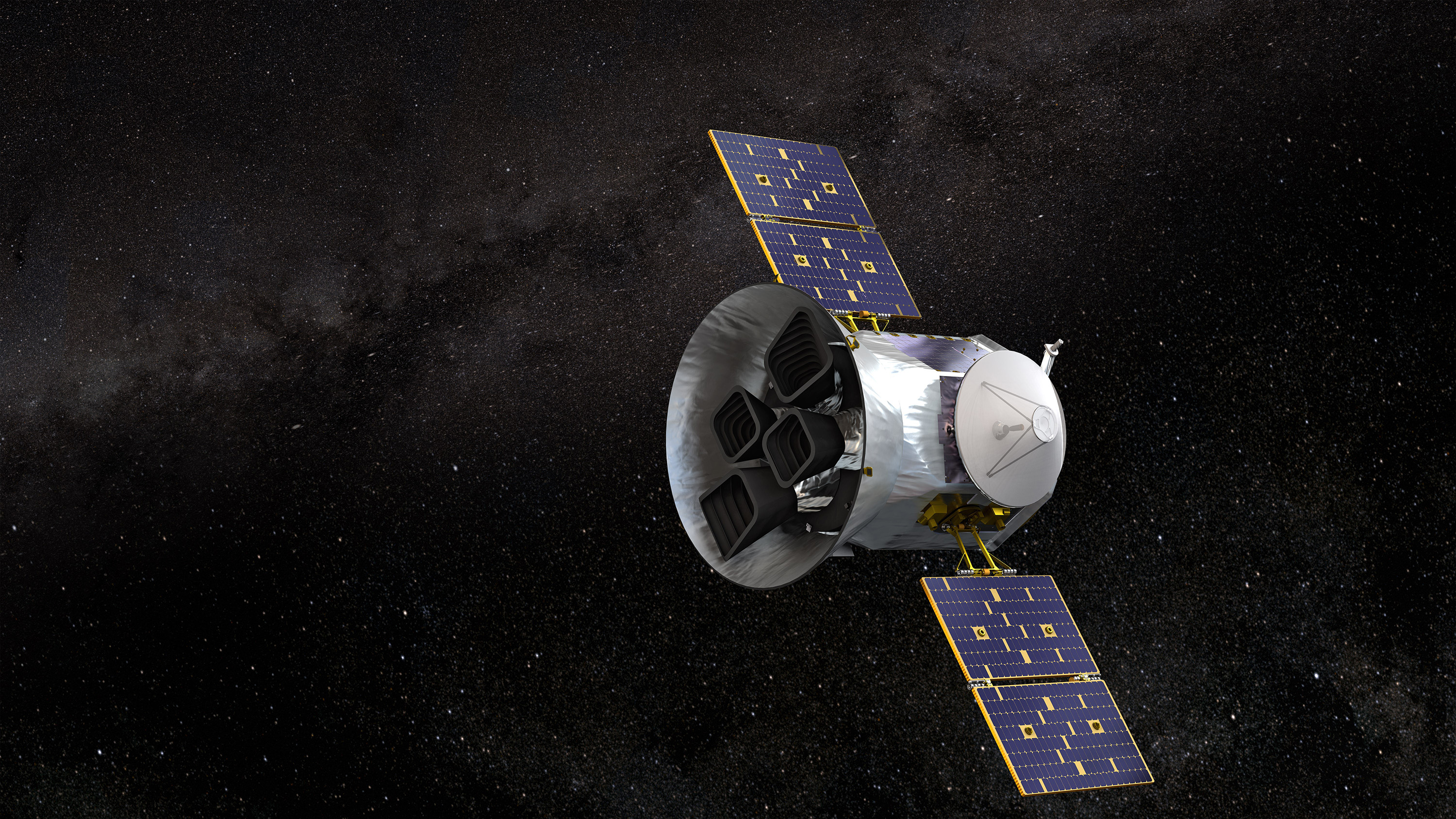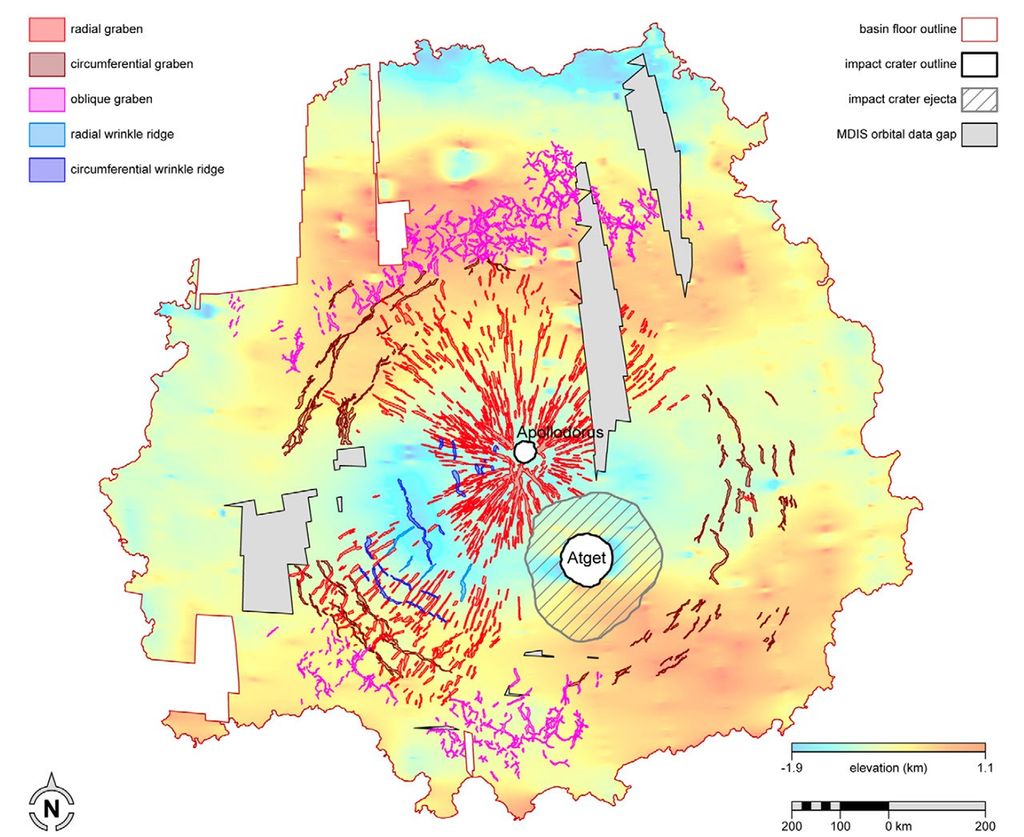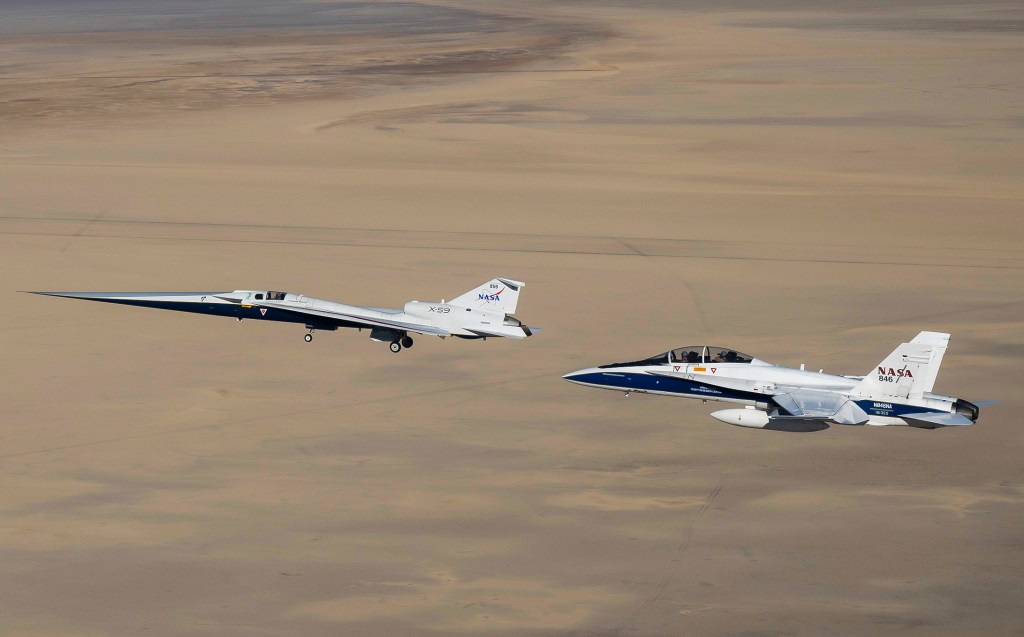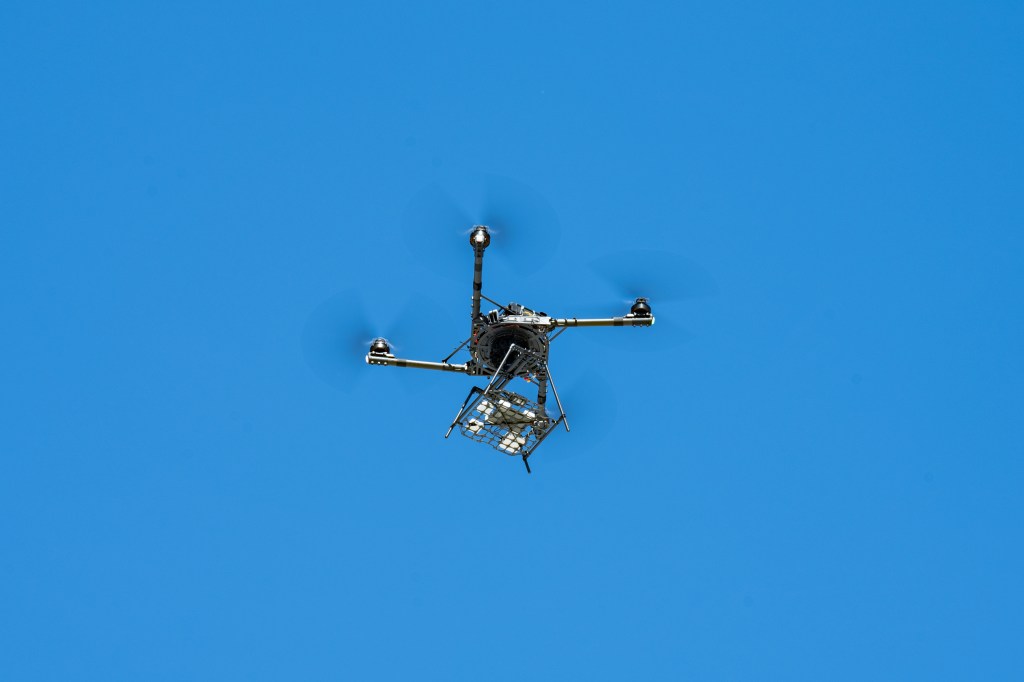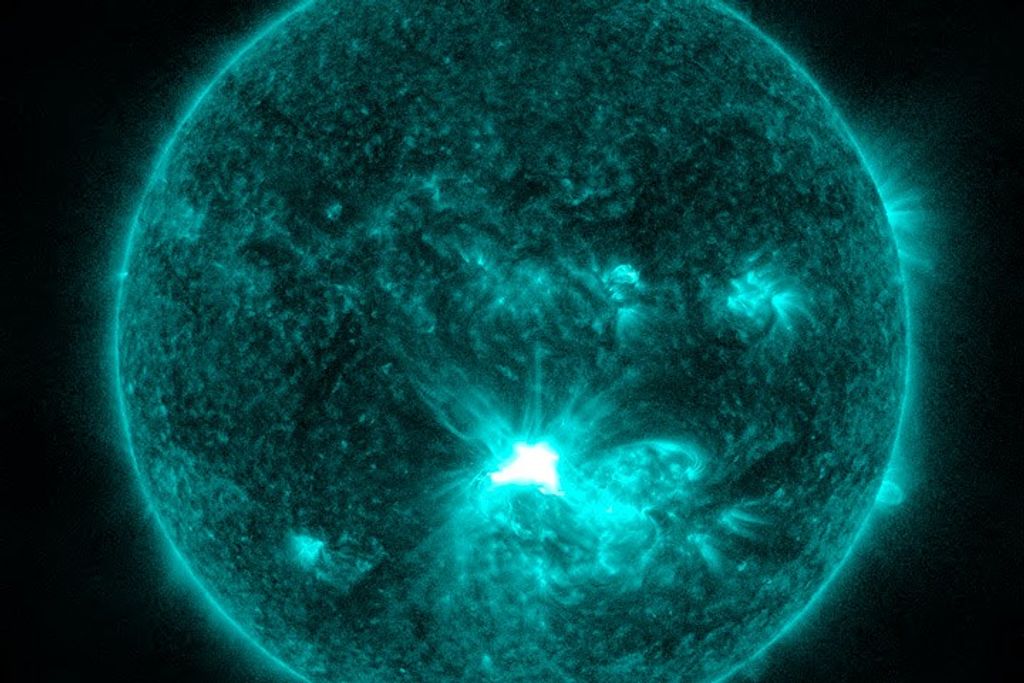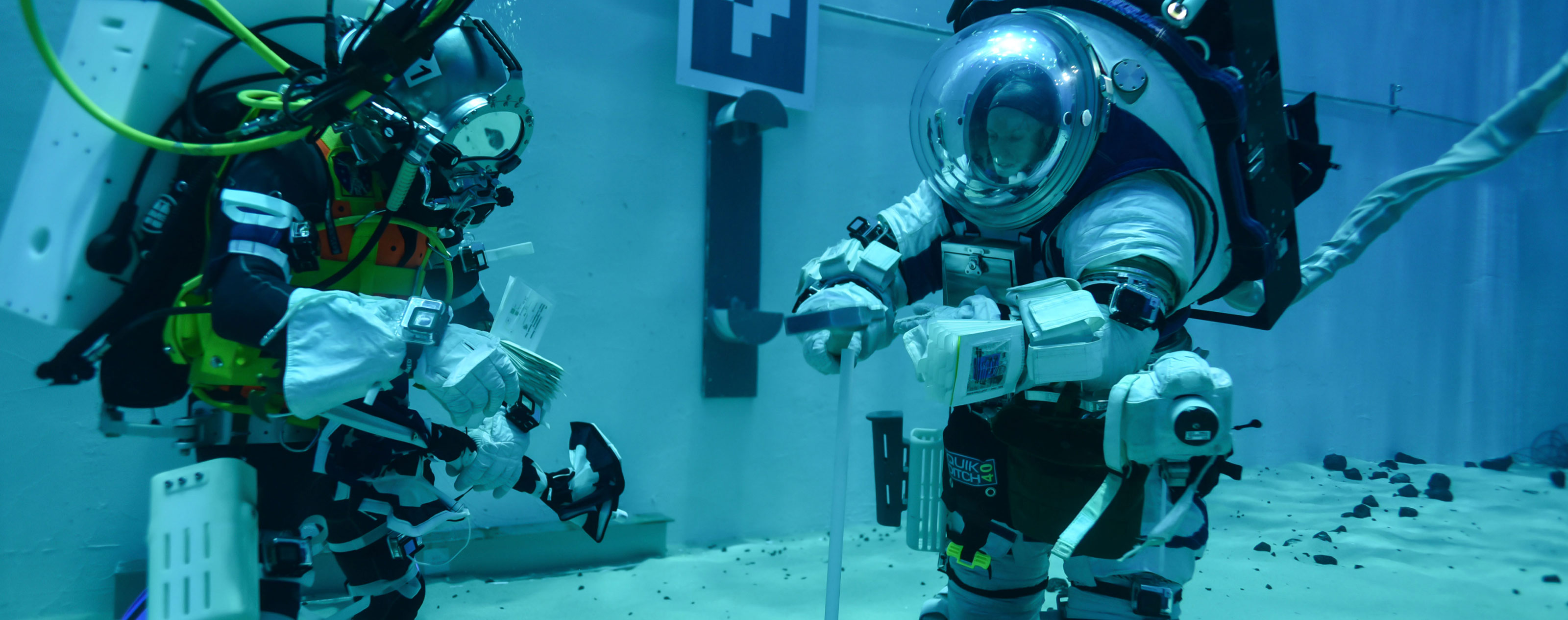Fifteen undergraduate and graduate teams from across the country were selected as finalists to move on to the next round of NASA’s 2023 Revolutionary Aerospace Systems Concepts – Academic Linkage (RASC-AL) competition, where they will present their completed work to a panel of NASA and aerospace industry leaders.
Selected teams proposed designs in one of four themes. The 2023 finalist teams are:
Homesteading Mars Theme:
- Massachusetts Institute of Technology
- Pale Red Dot: Polity-based Architecture for the Long-term Exploration of the Red planet, with Exciting and Diverse Developmental Opportunities to Thrive
- Jeffrey Hoffman, Olivier de Weck, Alexandros Lordos, Chloe Gentgen, Kir Latyshev
- University of Illinois at Urbana Champaign with Ultra Safe Nuclear Corporation
- MORROW: Mars Outpost Regenerative Resource Operations Workshop
- Michael Lembeck, Linyi “Tiger” Hou
- University of Puerto Rico – Mayagüez
- PROMISE: Permanent Research Outpost for Mars and Interplanetary Space Exploration
- Bárbara Calcagno, Gustavo Gutiérrez, Eduardo Quintero, Douglas Trent
- University of Texas at Austin with ICON Build, Soletair Power
- PHOENIX: Principal Hub for Off-world Exploration, Navigation, and Interplanetary eXperimentation
- Adam Nokes, Evan Jensen (ICON Build), Mike Fiske (Jacobs Aerospace Exploration Group), Petri Laasko (Soletair Power)
- Virginia Polytechnic Institute and State University
- Project AMBITION
- Kevin A. Shinpaugh
Lunar North Pole Tourism Theme:
- University of Maryland
- Project Hestia
- Jarred A. Young
- Virginia Polytechnic Institute and State University
- Lunar Voyages
- Kevin A. Shinpaugh
Lunar Surface Transporter Vehicle Theme:
- South Dakota State University
- ANTS: Artemis Navigating Transporter System
- Todd Letcher
- University of Maryland
- System for Heavy-Lift End-To-End Lunar Logistics (SHELL)
- David L. Akin
- University of Texas at Austin with Firefly Aerospace
- PROJECT SCORPIUS: Super-heavy Cargo Oriented Roving Platform with Integrated Utility Services
- Adam Nokes, Kyle Chandler, Brady Harrison, Jordan Landel (Firefly Aerospace), Joseph Quirk (Firefly Aerospace), Will Adams (Firefly Aerospace)
- Virginia Polytechnic Institute and State University
- Multi-Use Lunar Environment Cargo Carrier (MULE-CC)
- Kevin A. Shinpaugh
Multi-use Platform at L1 Theme:
- California State Polytechnic University, Pomona
- SciNAP (Science & Network Access Platform)
- Navid Nakhjiri
- Embry-Riddle Aeronautical University
- HYPERRION – Hybrid Platform for Experimentation, Refueling, Repair, Innovation, and Orbital Navigation
- Davide Conte, Claudia Ehringer Lucas
- Georgia Institute of Technology
- LOTUS: A Multi-Use Platform at L1
- Alvaro Romero-Calvo
- University of Maryland
- Multi-Use Space Station for Servicing, Science, and Communications at Lagrange Point 1
- David L. Akin, Brent W. Barbee
Each team will receive a $6,500 stipend to further develop and present their concept to a panel of NASA and industry subject matter experts in a competitive design review at the 2023 RASC-AL Forum in Cocoa Beach, Florida on June 12-14, 2023. Selected projects demonstrated originality and creativity in the areas of engineering and analysis, show feasibility and technical merit, and include synergistic applications with NASA’s planned current investments.
RASC-AL projects allow university students to incorporate their coursework into space exploration objectives in a team environment and help bridge strategic knowledge gaps associated with NASA’s vision. The Competition emphasizes the importance of multidisciplinary teams and sought input not only from students majoring in aerospace and engineering-related fields of study, but encouraged space-minded business, management, and space policy students to participate in the competition.
“By tapping into the next generation of engineers, innovators and critical thinkers, the RASC-AL competition not only challenges and inspires students, but it brings about novel ideas to some of the most complex aspects of space exploration and travel,” said Patrick Troutman, RASC-AL sponsor and lead for human exploration strategic assessments at NASA’s Langley Research Center (LaRC) in Hampton, Virginia.
For the 2023 competition, teams were asked to submit a two-minute video and detailed seven-to-nine-page proposal addressing one of four themes related to expanding human operations on the Moon, Mars and beyond. They included: Homesteading Mars, Lunar North Pole Tourism, Lunar Surface Transporter Vehicle, and Multi-Use Platform at L1. A steering committee of NASA personnel and industry experts from Aerojet Rocketdyne, Boeing, Cislunar Space Development Company, Northrop Grumman, Bee Hive Consulting, and SpaceWorks, selected the finalists based on a review of competitive proposals.
“It can be hard to choose finalists because all the student teams put in such high-quality work,” said Christopher Jones, RASC-AL judge and aerospace engineer in the Space Mission Analysis Branch at NASA LaRC. “We are really impressed what these 15 teams have proposed, and look forward to seeing how they advance their concepts at the Forum.”
The Forum’s top two overall teams will be awarded additional travel stipends to present their concept at an aerospace conference later this year.
RASC-AL is sponsored by the Moon to Mars Architecture Development Office within the Exploration Systems Development Mission Directorate at NASA Headquarters, and by the Space Mission Analysis Branch within the Systems Analysis and Concepts Directorate at NASA Langley. It is administered by the National Institute of Aerospace.
For more information about the RASC-AL competition, including complete theme and submission guidelines, visit: http://rascal.nianet.org


